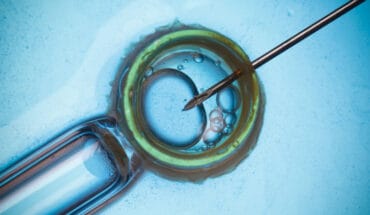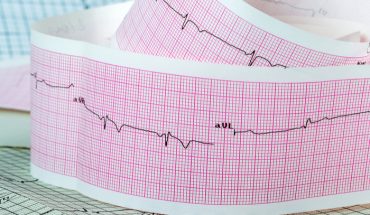Research commissioned by Innovate UK and the British In Vitro Diagnostics Association (BIVDA) reveals that the NHS could save over £6.9 billion in five years through quick adoption of new diagnostic tests as they come onto the market. In turn, these savings could help tackle the annual NHS shortfall, widely expected to reach £20 billion by 2022.
Patients would benefit from three new tests – for heart attack, pre-eclampsia and inflammatory bowel disease – by reducing unnecessary procedures and medicationwhile delivering significant NHS savings.
At the moment, the tests are used in only a handful of clinics and hospitals, although many health experts predict they would save huge sums if used more widely.
At the moment, the tests are used in only a handful of clinics and hospitals, although many health experts predict they would save huge sums if used more widely.
Doris-Ann Williams, BIVDA’s Chief Executive, said, “Whilst the shakeup of NHS services and funding so often takes the headlines, simply making the most of the tests we already have would result in dramatic savings.”
The report calls on healthcare leaders and policy makers to reassess how these three high-impact examples, along with many other diagnostic technologies available now, could be better deployed within the NHS.
Innovate UK is currently delivering the ‘From Data to Early Diagnosis and Precision Medicine’ Industrial Strategy Challenge Fund (ISCF), investing in new technologies which diagnose disease earlier and reduce patient suffering.
Dr Kath Mackay, Innovate UK Interim Director for Ageing Society, Health & Nutrition, said: “There are so many innovative diagnostic tests on the market and in development. It’s important for all stakeholders that we take every opportunity to rapidly adopt tests which show cost savings and benefit to patients.”
- Combination of drugs could prevent thousands of heart attacks - 21st April 2025
- UQ Study Links Poor Teen Diets to Heavy Social Media Use - 21st April 2025
- Gut microbiome could delay onset of type 1 diabetes - 3rd April 2025






